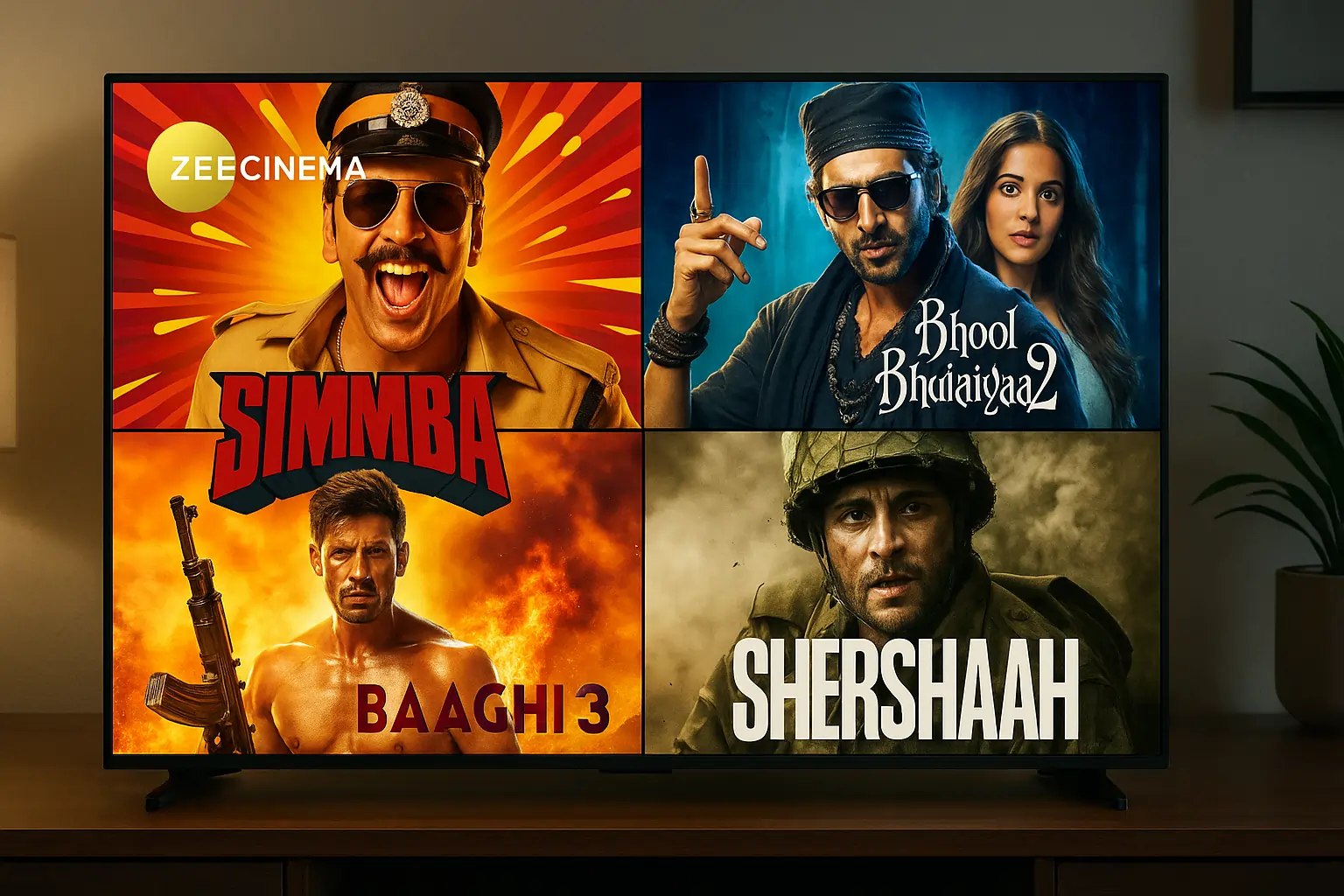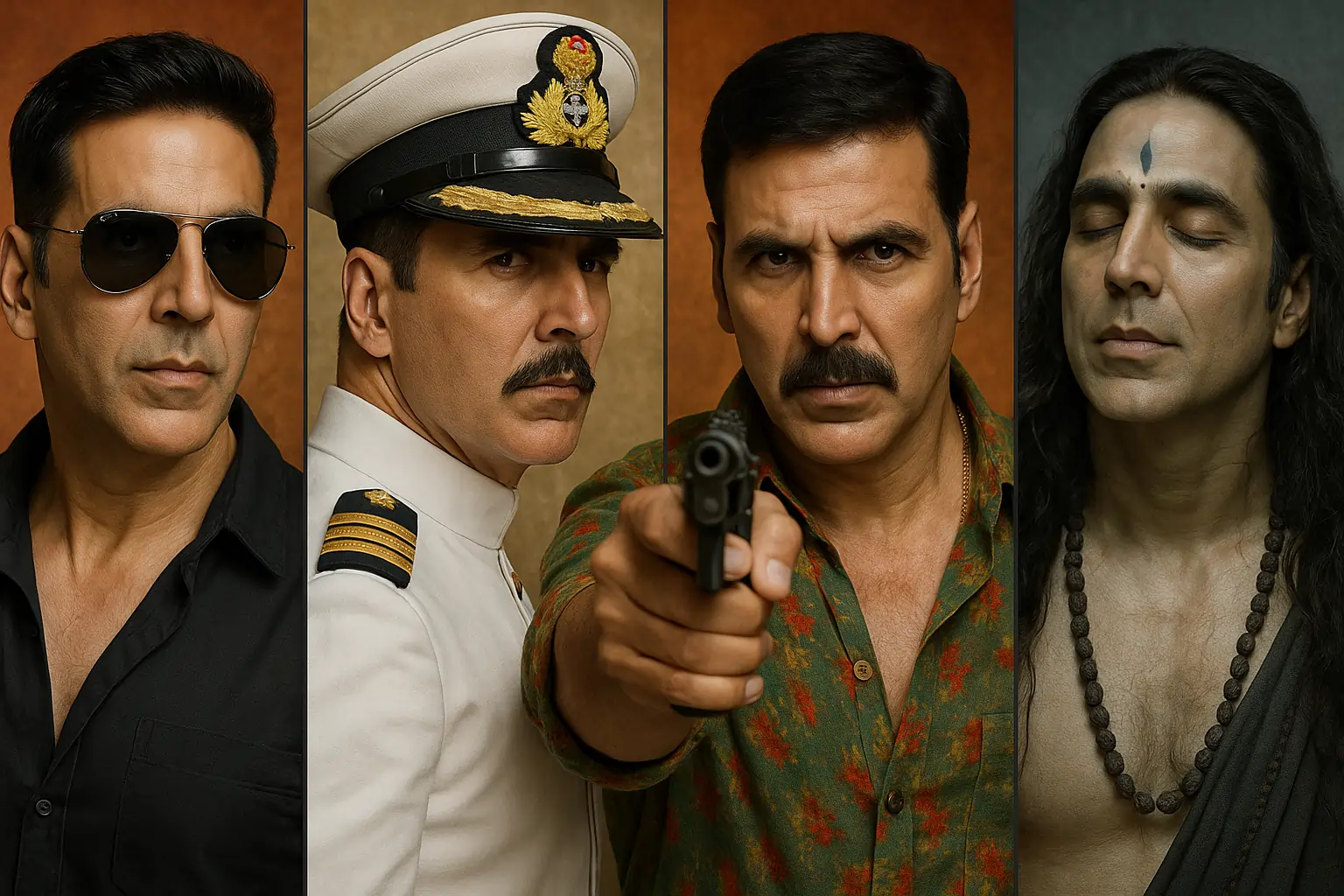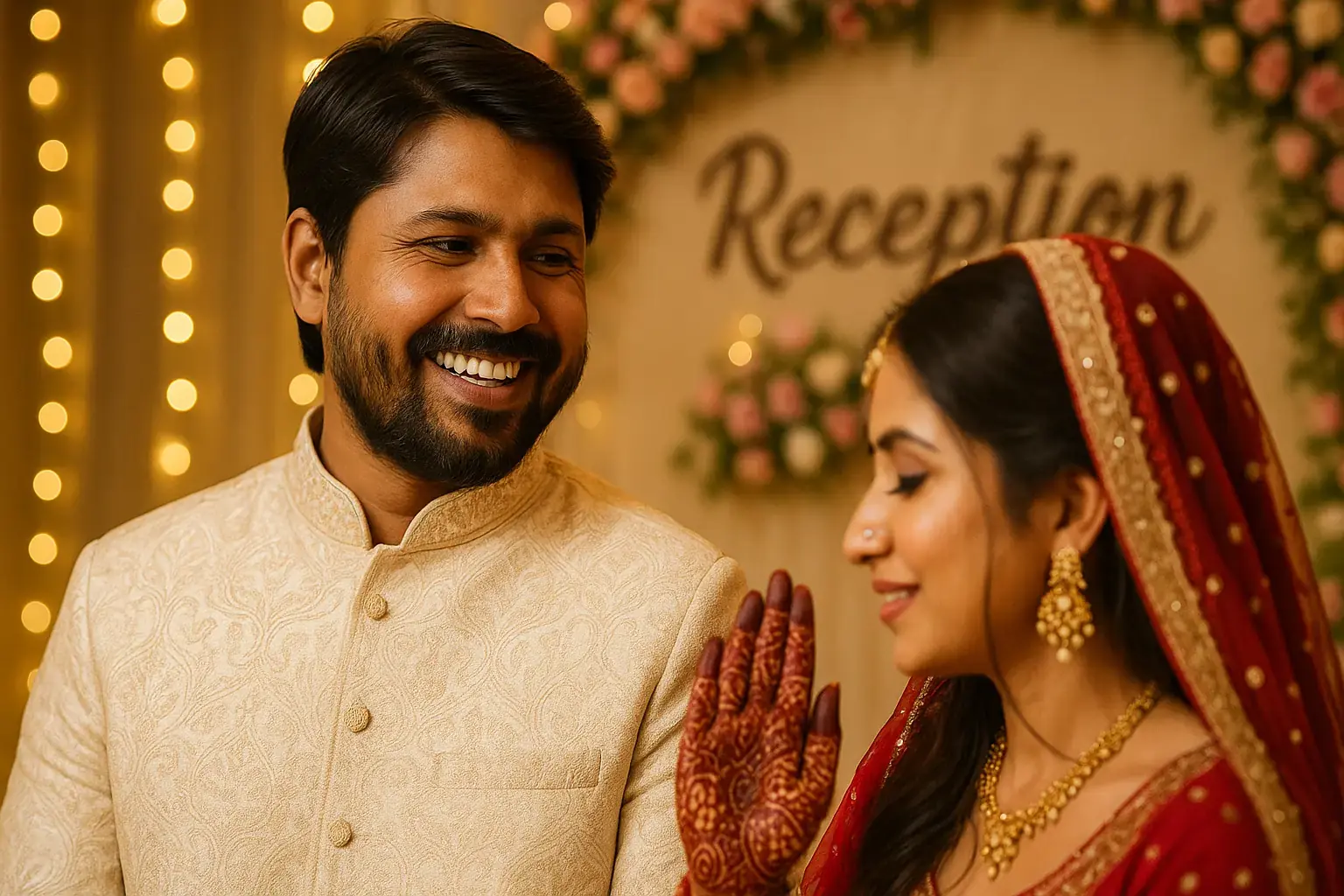Prime Minister Narendra Modi’s recent address to the nation has sparked reactions from various political leaders and international figures. Among the voices weighing in were former Congress leader Sandeep Dikshit and former US President Donald Trump, both of whom shared their takes on the speech, albeit from very different perspectives.
Sandeep Dikshit’s Response to PM Modi’s Speech
Sandeep Dikshit, the former Member of Parliament and the son of veteran Congress leader Sheila Dikshit, was quick to respond to Prime Minister Modi’s address. In a statement, Dikshit expressed concern over the direction Modi’s government has taken with regard to national security, foreign policy, and internal governance.
“While the speech was long on rhetoric and short on substance,” Dikshit remarked, “the nation deserves more than just words at a time when pressing challenges loom over us.” He specifically referred to the economic distress and rising unemployment as critical issues that were conspicuously absent from Modi’s address.
Dikshit also took issue with the government’s handling of cross-border relations, pointing to what he called “failed diplomacy” under the current leadership. “PM Modi needs to be more transparent with the nation on how he plans to address such issues rather than relying on dramatic speeches,” he added, subtly alluding to what he views as the government’s tendency to lean on high-profile public addresses to overshadow real issues.
Despite his critical stance, Dikshit acknowledged the Prime Minister’s role in managing the nation during difficult times. However, he emphasized that Modi’s leadership should be measured by tangible results, not just words.
Donald Trump’s Reaction on Twitter
On the global stage, former President Donald Trump also reacted to PM Modi’s speech, albeit in his own unmistakable style. Known for his direct and often controversial statements, Trump took to Twitter, offering his perspective on the speech’s impact.
In a tweet that garnered immediate attention, Trump wrote, “Modi’s speech was a powerful reminder of India’s growing influence on the world stage. A great leader pushing India forward, but always in control of the narrative. Tremendous respect for him.” The tweet reflected Trump’s admiration for Modi’s leadership, particularly his assertive tone on national and international issues.
Trump, who has had a complex relationship with India during his time in office, also pointed to the relationship between India and the United States as one of mutual respect and strategic partnership. His words echoed the sentiment of “strong leadership” that has been a hallmark of Modi’s tenure.
It’s worth noting that Trump’s tweet stood in stark contrast to the critique offered by Sandeep Dikshit. While Dikshit focused on domestic concerns and governance, Trump’s message praised Modi’s leadership style and India’s role on the world stage.
Diverging Perspectives: Domestic Criticism vs Global Admiration
The stark contrast in responses from Sandeep Dikshit and Donald Trump highlights a key divide in how Modi’s leadership is perceived — both at home and abroad.
For Sandeep Dikshit, the emphasis was on the practical outcomes of Modi’s policies. His response underscored his belief that Modi’s government has failed to address crucial issues that affect ordinary citizens, such as unemployment and inflation. This kind of domestic criticism comes at a time when the nation is grappling with significant economic challenges.
On the other hand, Donald Trump’s tweet focused on Modi’s global influence, painting a picture of a leader who has strategically positioned India as a rising global power. While Trump’s reaction is largely positive, it’s evident that his focus is more on India’s geopolitical presence than on the internal struggles faced by the country.
Public Sentiment and the Future of Modi’s Leadership
The responses from Sandeep Dikshit and Donald Trump are reflective of the polarized views surrounding PM Modi’s leadership. Domestically, Modi continues to enjoy significant support, especially from those who believe in his nationalist policies and his strong stance on security and defense. However, the increasing economic concerns and the opposition’s critiques suggest that Modi’s leadership will face significant challenges ahead.
On the international front, India’s growing influence under Modi’s leadership, especially in the areas of trade, defense, and diplomacy, continues to be recognized. The admiration from figures like Donald Trump signals that Modi’s diplomatic efforts have had a lasting impact on India’s standing globally.
Conclusion: A Nation Divided
As India navigates through a range of internal and external challenges, the varying responses to PM Modi’s address reflect the deep divides in how his leadership is viewed. While Sandeep Dikshit offers a sharp critique of the Prime Minister’s actions, calling for a more results-driven approach, figures like Donald Trump continue to highlight Modi’s strength as a global leader.
The true measure of Modi’s legacy will depend on how effectively he can balance both the demands of his people and his growing influence on the world stage.






